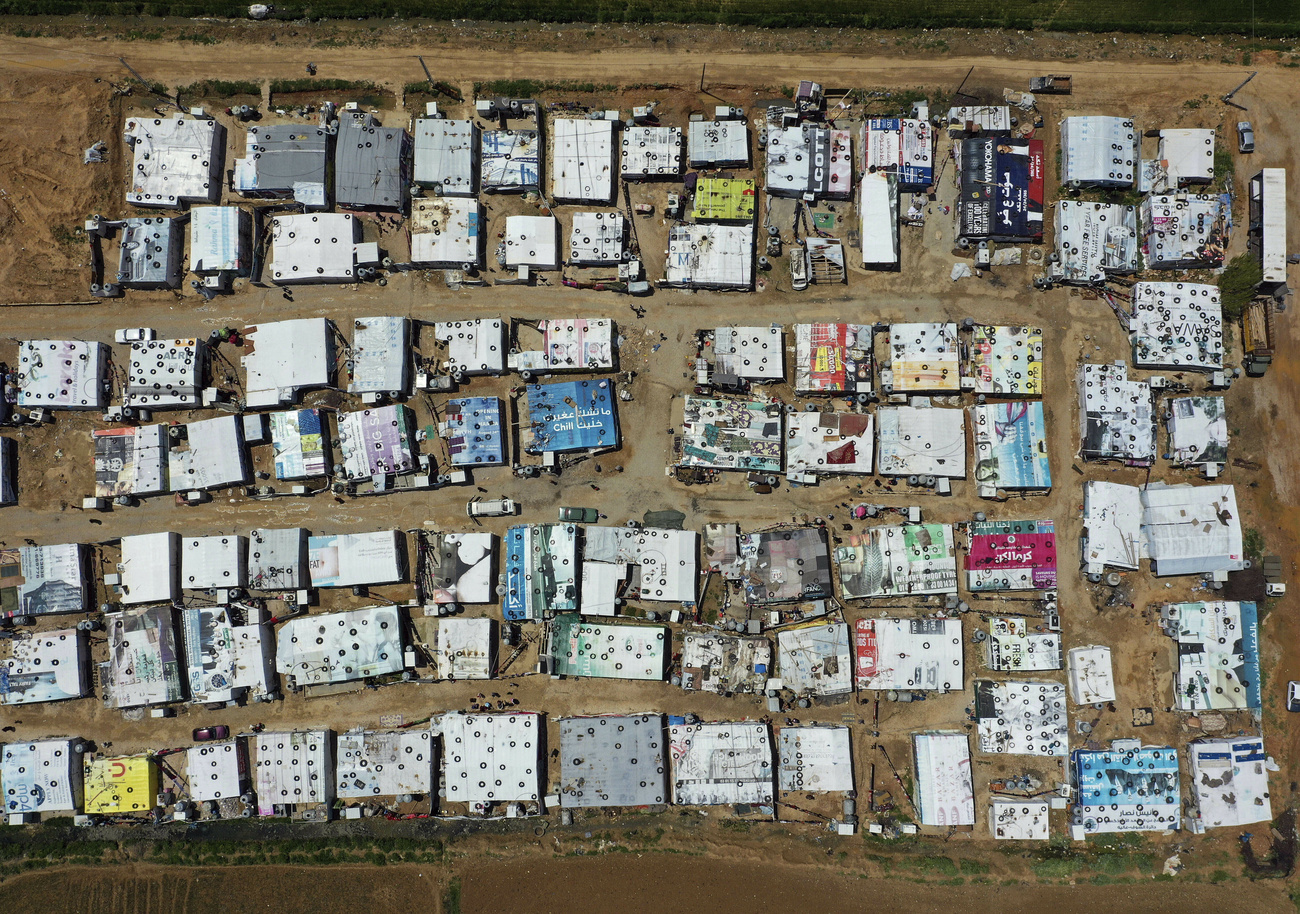
Swiss canton of Zug votes for more political transparency

Voters in the central canton have accepted a slimmed-down proposal to inscribe principles for political transparency and party financing into its constitution.
Some 52% of citizens in the small Swiss region approved a counter-proposal made by government and parliament to an idea put forward by the “Young Alternative” party. The original initiative, which went further in its demands, was rejected by 54.4%.
Zug already voted on the issue on June 9, but the ballot was declared invalid due to problems with the count.
The canton’s government and parliament reckoned the initiative’s concerns could not be regulated at constitutional level. Their slimmed-down counter-proposal will thus enshrine the principles of the initiative in the constitution with regard to financing and binding interests, while the specific details – such as financial thresholds for declaring donations – will be laid down in law.
+ Read more about political transparency rules in Switzerland
The original constitutional initiative would have included the disclosure of the financing of political parties represented in the cantonal parliament, their campaigns with regard to cantonal elections and votes, as well as the disclosure of the interests of office holders and candidates. Donations from private individuals of overCHF 5,000 ($5,881) and donations from companies of over CHF1,000 would have to have been disclosed in future.
Members of the “Young Alternative” group were critical of the counter-proposal, fearing it would result in a watering down of their demands.
In Switzerland, transparency in party financing is an ongoing issue. Rules now apply at the federal level as well as in cantons Jura, Ticino, Geneva, Neuchâtel and Schwyz.
Adapted from German by DeepL/dos
This news story has been written and carefully fact-checked by an external editorial team. At SWI swissinfo.ch we select the most relevant news for an international audience and use automatic translation tools such as DeepL to translate it into English. Providing you with automatically translated news gives us the time to write more in-depth articles.
If you want to know more about how we work, have a look here, if you want to learn more about how we use technology, click here, and if you have feedback on this news story please write to english@swissinfo.ch.

In compliance with the JTI standards
More: SWI swissinfo.ch certified by the Journalism Trust Initiative































You can find an overview of ongoing debates with our journalists here . Please join us!
If you want to start a conversation about a topic raised in this article or want to report factual errors, email us at english@swissinfo.ch.